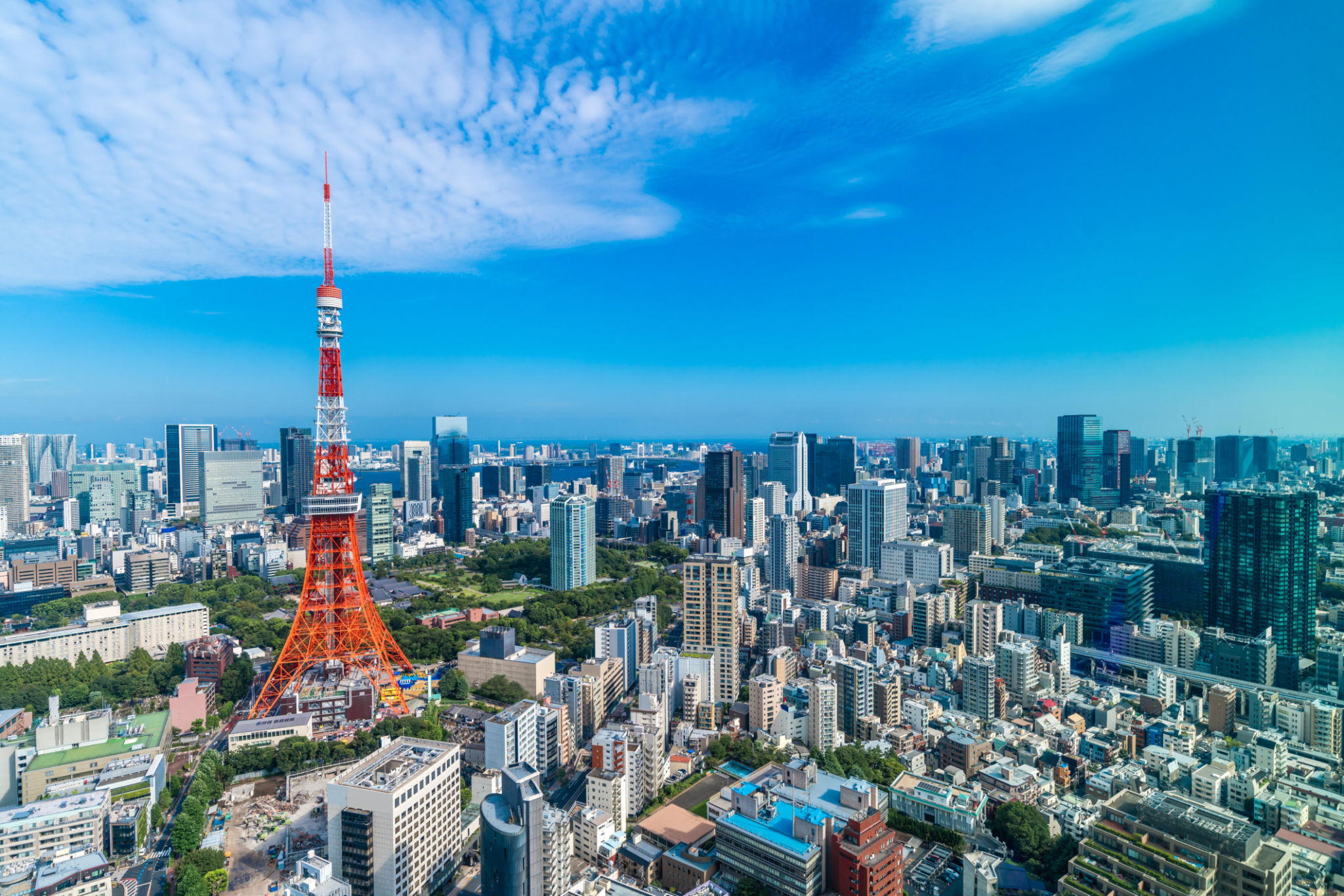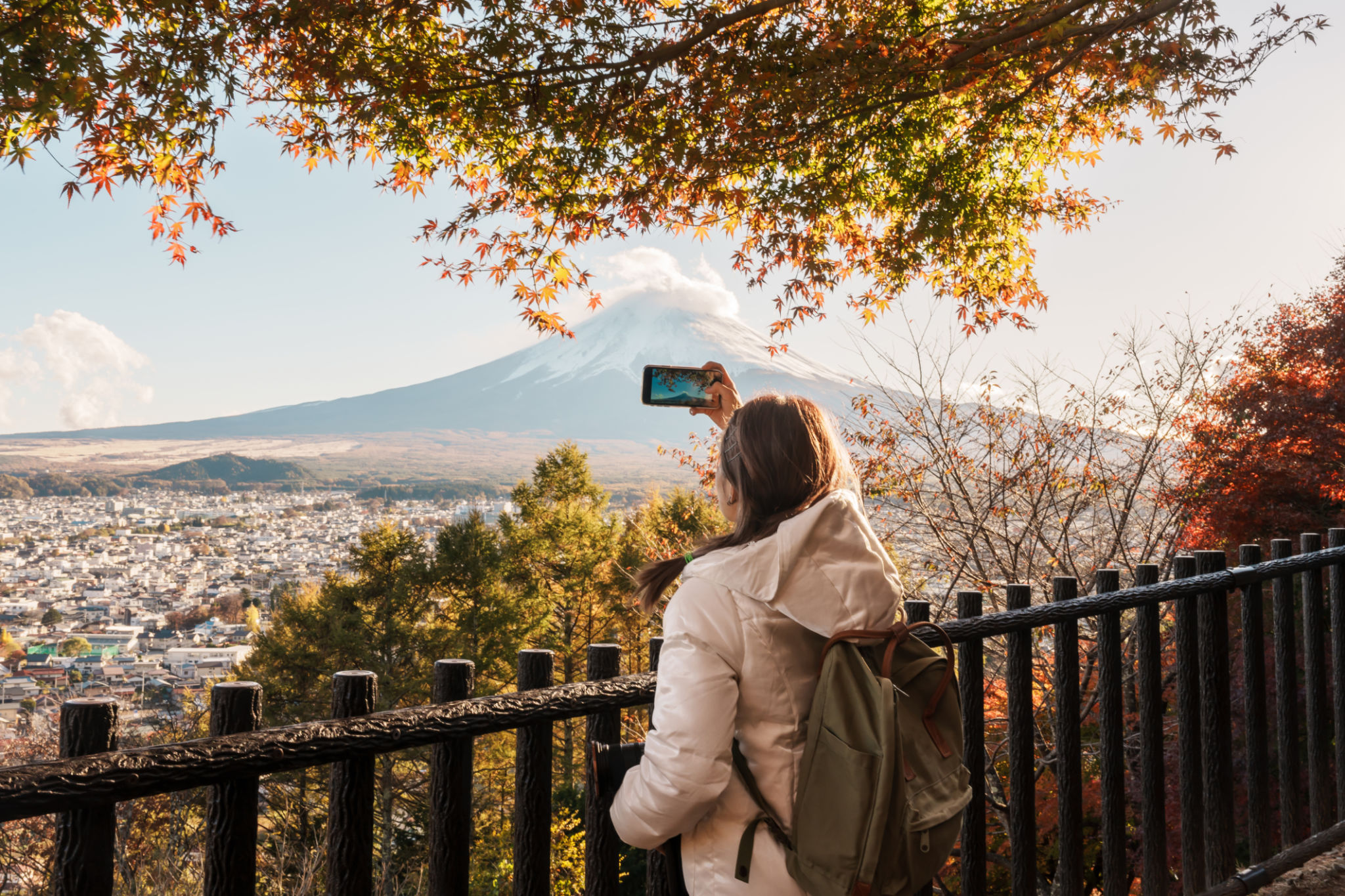Maximizing Business Growth in Tokyo: Post-Olympics Strategies
Understanding the Post-Olympics Landscape
The Tokyo 2020 Olympics marked an awe-inspiring chapter in Japan's history, bringing global attention to its capital. As the dust settles, businesses in Tokyo are poised to capitalize on the legacy of the Games. Understanding the post-Olympics landscape is crucial for maximizing growth opportunities. The increased international exposure and infrastructure improvements offer a ripe environment for businesses to flourish.

With an influx of tourists and global interest, now is the perfect time for businesses to reassess their strategies. The enhanced public transport systems and new facilities constructed for the Games provide an excellent foundation for business expansion and customer engagement. Aligning your business goals with these developments can lead to significant growth.
Leveraging Tourism Growth
The Olympics have boosted Tokyo’s profile as a tourist destination, creating opportunities for businesses across various sectors. To tap into this market, companies should consider enhancing their customer service capabilities, offering multilingual support, and creating marketing campaigns that appeal to international visitors.

Moreover, collaborating with local tourism agencies can help businesses gain insights into tourist behavior and preferences. This collaboration can lead to tailored services and products that enhance visitor experiences and increase customer loyalty. Additionally, special promotions and packages can attract tourists to explore more of what Tokyo has to offer.
Embracing Technological Advancements
Tokyo's investment in technology during the Olympics has paved the way for businesses to integrate innovative solutions into their operations. From cashless payment systems to AI-driven customer service tools, the opportunities are vast. By adopting these technologies, businesses can streamline their operations and improve customer satisfaction.

Furthermore, digital marketing strategies should be prioritized to reach a wider audience. Utilizing social media platforms, search engine optimization (SEO), and targeted online advertisements can enhance brand visibility and attract more customers. Personalized marketing efforts will resonate more with tech-savvy consumers, building stronger brand-customer relationships.
Fostering Local Collaborations
Post-Olympics, local collaborations can be a powerful strategy for business growth. Partnering with other businesses or organizations in Tokyo can lead to innovative product offerings and broadened market reach. Collaborations can also pool resources for larger marketing campaigns, benefiting all parties involved.
Networking events and business forums can serve as excellent platforms to establish these connections. By fostering a robust local business ecosystem, companies can create symbiotic relationships that drive mutual growth and innovation.
Sustainability as a Business Driver
The Olympics highlighted Tokyo's commitment to sustainability, which remains a key area for businesses to focus on. Embracing sustainable practices not only aligns with government initiatives but also appeals to environmentally conscious consumers. Implementing eco-friendly practices can reduce costs and enhance brand reputation.

Businesses should consider reducing waste, optimizing energy use, and sourcing sustainable materials. Engaging in corporate social responsibility (CSR) activities can further enhance brand image and customer loyalty, ultimately driving long-term growth.
Conclusion
The post-Olympics era presents a unique opportunity for businesses in Tokyo to thrive. By understanding the new landscape, leveraging tourism growth, embracing technological advancements, fostering local collaborations, and prioritizing sustainability, businesses can maximize their growth potential. As Tokyo continues to evolve, staying adaptable and innovative will be key to long-term success.
